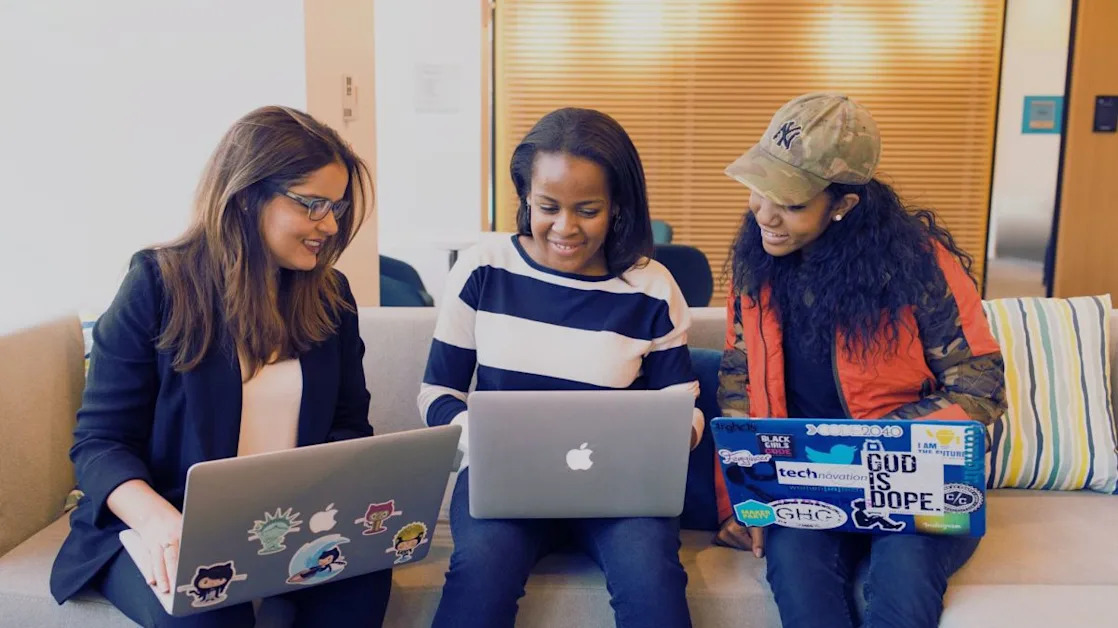Opinion: Women hold up half the world. It’s time they held more crypto too
- March 8, 2025
- Category:

This month is a celebration of women. Whether it's full-time housewives, loving mothers, leaders, sisters, daughters of the world, or our colleagues, it is worth taking stock of what that means for the world of crypto.
49% of the world’s population are women, and giving them the tools they need to succeed could stimulate a tsunami of commerce that may have been previously unimaginable.
In the United States, women of all ages are recognizing the potential of cryptocurrency to level up the financial playing field, but in developing nations, this is taken a step further, giving women a chance to be included where they might have otherwise been excluded.
This inclusion is key to unlocking the value of women’s participation for all. In a remote village in Nigeria, a woman opens a smartphone app and, with a few taps, receives a payment in Bitcoin. In Afghanistan, another woman discreetly builds her savings in a digital wallet, beyond the reach of oppressive financial restrictions.
The rise of cryptocurrency is a socio-economic transformation, offering financial agency to women, particularly in the developing world. At its core, crypto dismantles the traditional barriers that have, until now, restricted women’s financial independence.
The gender gap in finance
Despite progress toward financial inclusion, there are still many gaps to fill.
According to the Global Findex database, women are less likely than men to have formal bank accounts in developing economies, with a gap of 20% in account ownership between genders, exacerbating economic inequality. Even in developed nations, this disparity persists; one-third of college-educated women surveyed by Coinbase believe they do not have equal access to the financial system in their own countries.
For many women, economic exclusion is not just an inconvenience; it is a matter of survival.
Financial abuse remains a critical component of domestic violence, where women are cut off from financial resources, making it nearly impossible to leave abusive situations. Cryptocurrency and its permissionless transactions are emerging as a critical tool in the fight for financial autonomy.
Crypto as a catalyst for change
Unlike traditional banking, which often requires endless documentation, physical presence, and institutional approval, crypto transactions require only an internet connection.
This is especially significant for women in regions where legal or cultural norms prevent them from opening a bank account. For example, mobile payments have become an important enabler of financial inclusion in Sub-Saharan Africa, especially for women, according to the Global Findex Report.

